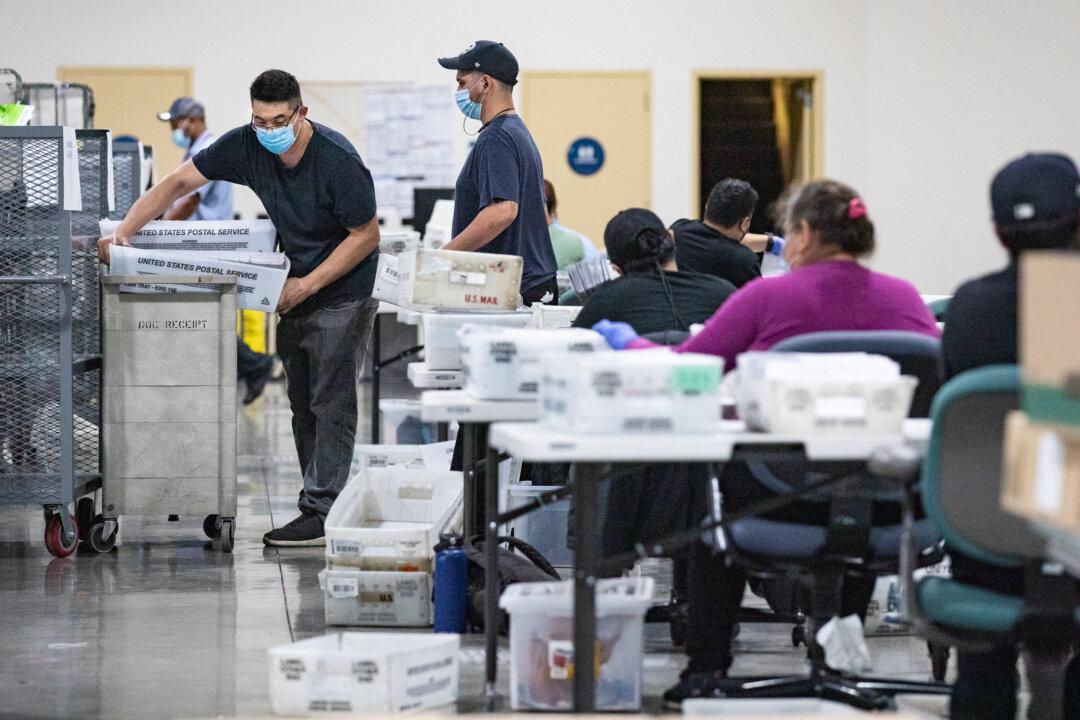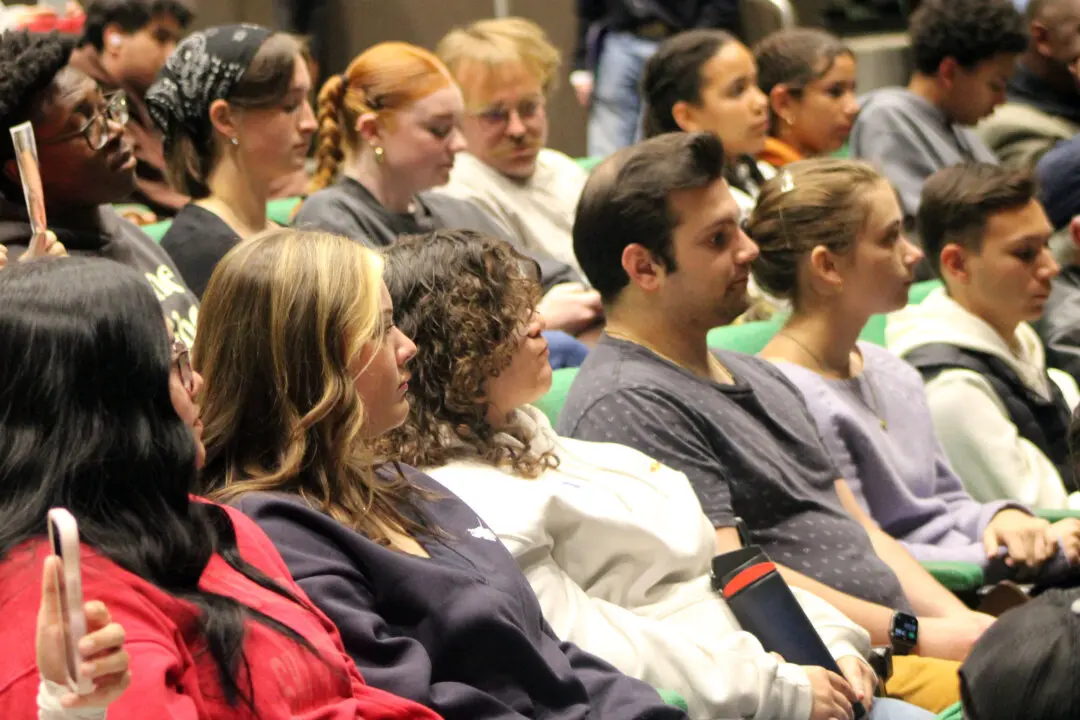Commentary
Nearly every time an election comes around at all levels—city, county, state, and federal—there are outcries from some folks on both sides of the aisle regarding election transparency and delayed results. In most developed countries, election outcomes are announced the day of the election or soon after, often with simple paper ballot tabulations.





